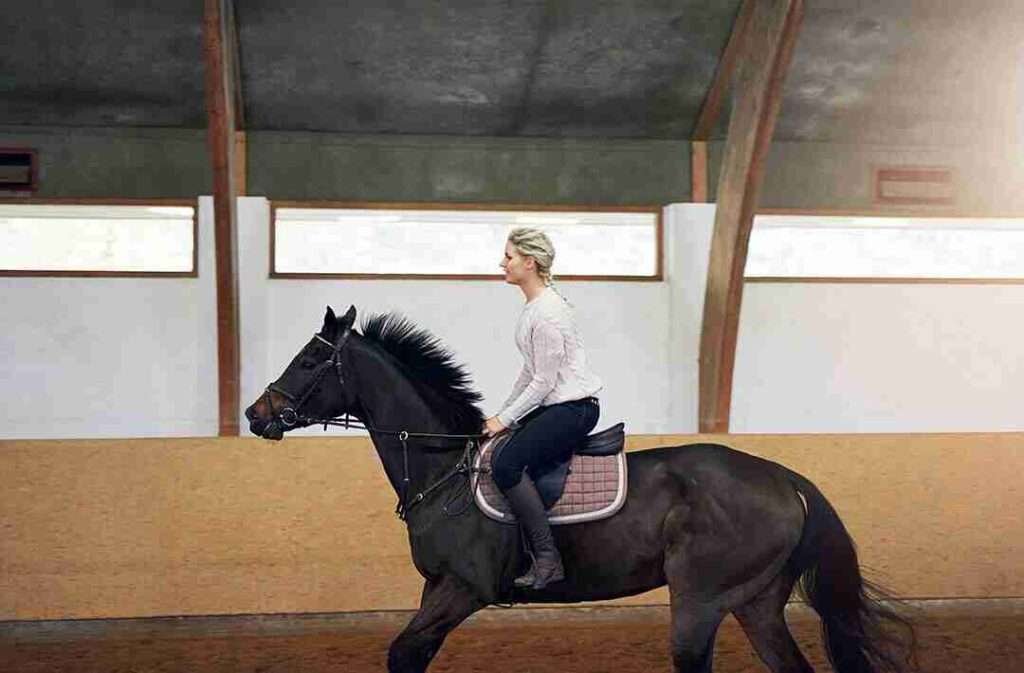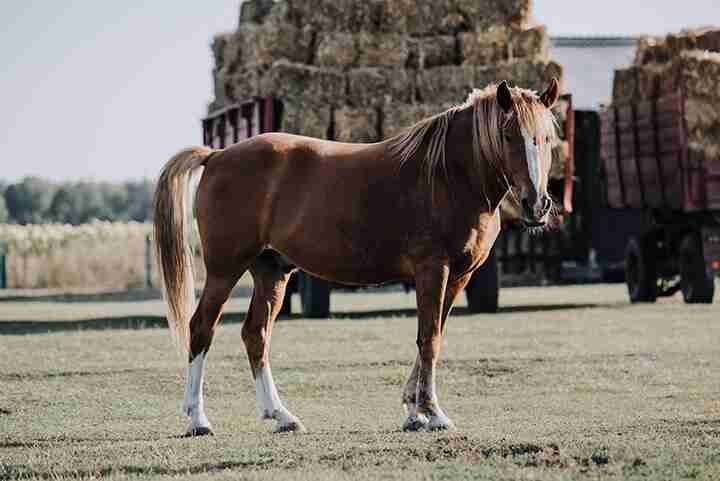Domestic horses, beloved companions and versatile partners, have been an integral part of human history for centuries. Whether they are cherished as family members, trusted riding companions, or skilled athletes, understanding the care and needs of domestic horses is essential. In this guide, we explore various aspects of domestic horse care, from their origins to daily maintenance and the bond they share with their human caretakers.
Origins and History:
Domestication of horses dates back to ancient times, with evidence suggesting that horses were first domesticated on the steppes of Central Asia around 3500 B.C. Initially valued for their strength in agricultural work and later for transportation and military purposes, horses played a pivotal role in shaping human civilization.
Breeds and Varieties:
The world of domestic horses encompasses a vast array of breeds, each with its unique characteristics and attributes. From elegant Thoroughbreds and powerful Clydesdales to agile Arabians and gentle Quarter Horses, the diversity of horse breeds caters to a wide range of preferences and purposes.
Basic Care:
1. Nutrition:
A balanced and nutritious diet is fundamental to a horse’s health. Horses are herbivores, and their diet should consist primarily of high-quality forage, supplemented with grains and minerals as needed. Adequate access to clean water is crucial.
2. Shelter:
Providing suitable shelter is essential for protecting horses from the elements. This can include stables, run-in sheds, or well-designed barns. Horses should have the freedom to move and access shelter as needed.
3. Healthcare:
Regular veterinary check-ups, vaccinations, and dental care are integral to maintaining a horse’s well-being. Preventive measures for parasites, such as deworming, are also crucial.
4. Exercise:
Horses are naturally active animals that require regular exercise to stay healthy and happy. Whether through riding, lunging, or turnout in a pasture, opportunities for movement are vital.
5. Grooming:
Regular grooming not only keeps a horse’s coat clean and shiny but also provides an opportunity to check for any signs of skin issues, injuries, or abnormalities.
Companionship and Training:
Horses are social animals that thrive on companionship. Whether with other horses or humans, providing companionship helps prevent loneliness and boredom. Training, based on positive reinforcement, fosters a bond of trust and understanding between the horse and its handler.
Specialized Care for Performance Horses:
For horses involved in competitive disciplines, such as dressage, jumping, or racing, specialized care is essential. This includes tailored exercise routines, specific dietary considerations, and meticulous attention to their overall health and soundness.
End-of-Life Considerations:
As caretakers, it is our responsibility to consider the welfare of horses throughout their lives, including their senior years. Providing proper care, appropriate medical attention, and a dignified end-of-life plan are essential aspects of responsible horse ownership.
Conclusion:
Caring for domestic horses is a multifaceted endeavor that requires commitment, knowledge, and a deep appreciation for these magnificent animals. By understanding their history, meeting their basic needs, and fostering a relationship built on trust and respect, we can ensure that our domestic horses lead fulfilling and healthy lives. Whether as loyal companions or working partners, horses continue to enrich our lives with their grace, strength, and unwavering companionship.





